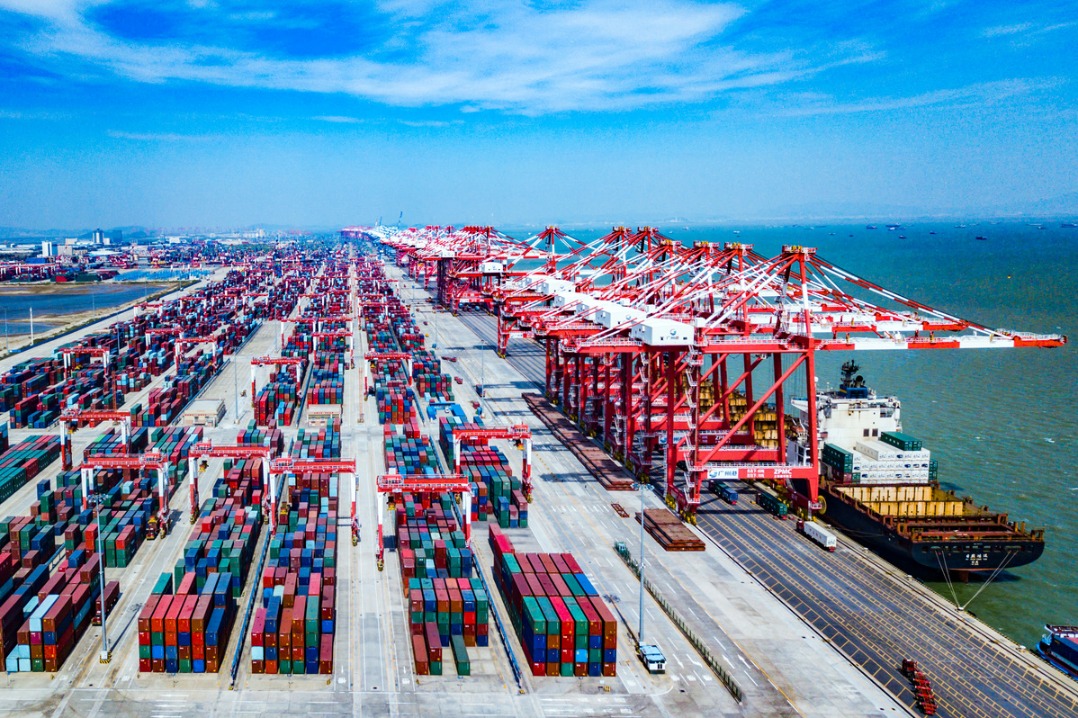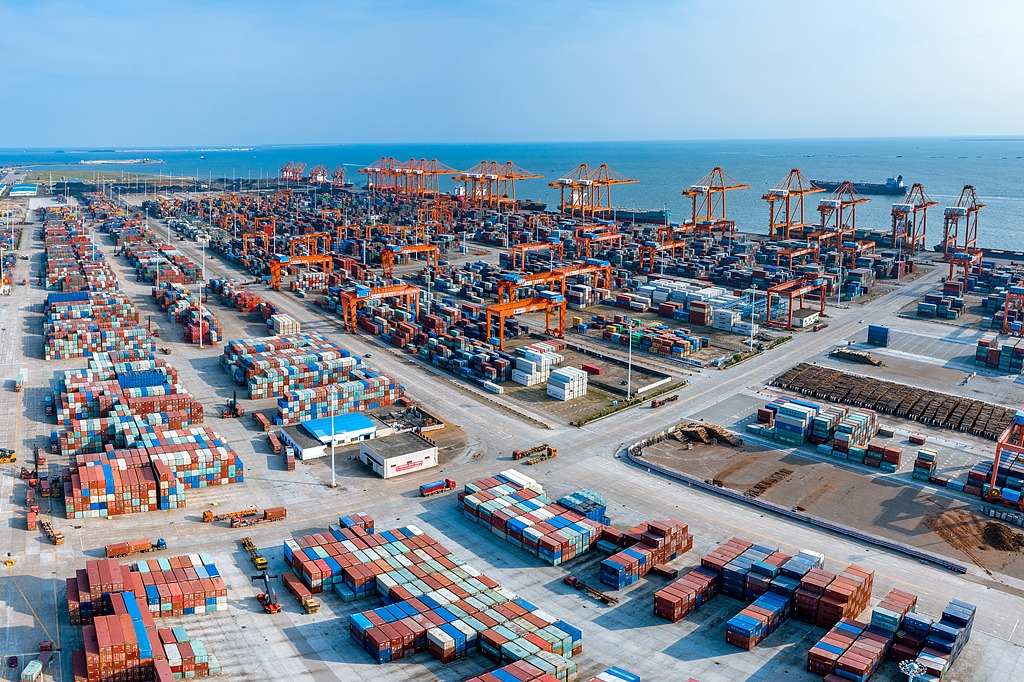China will be a responsible stakeholder in Arctic affairs
By Zhao Huanxin in Washington | China Daily USA | Updated: 2018-02-23 16:54
At a recent discussion on China's first official Arctic policy paper, Lawson Brigham, a professor of Arctic policy at the University of Alaska Fairbanks, said, "I did find it very interesting that the word 'military' is not mentioned once throughout the document, and that's maybe positive."
The English version of the Arctic white paper issued on Jan 26 mentions "cooperation" 46 times, "research" 41 times, but "the word "military" is not mentioned at all, Atle Staalesen, director of the Norwegian publication Independent Barents Observer, said in a Jan 30 analysis.
These days, Beijing is getting used to having any of the major policies it rolls out analyzed and scrutinized between the lines by global academics and analysts, and most likely they have misgivings over the country's ambitions.
But their worries about China's intentions in the Arctic have proved unfounded, as the white paper is a frank document serving to enhance the country's transparency over its policy and intentions toward the Arctic region as well as its commitments, particularly its readiness to enhance cooperation with other stakeholders.
The international community had been expecting China to unveil its Arctic policy, since the eight Arctic countries, Japan and European countries, including nonArctic ones such as the United Kingdom, released Arctic policy documents.
In its document, China identifies itself as a "key stakeholder in Arctic affairs", acknowledging that the natural conditions of the Arctic and their changes have a direct impact on China's climate system and ecological environment, and, in turn, on its economic interests.
But it makes clear that while pursuing its own interests, China will pay due regard to the interests of other countries and the broader international community.
Rockford Weitz, professor of practice and director of the maritime studies program at Tufts University's Fletcher School, said, "I think China's Arctic policy shows a very good understanding of the intersection of environmental, scientific and economic issues, and it's smart to put the environmental and scientific issues at the forefront of policy."
In addition to repeatedly calling for cooperation to seize the historic opportunity in the Arctic development - 46 times as counted by Staalesen - the paper stresses that China will respect the traditions and cultures of the Arctic, including those of indigenous peoples.
"I think the Chinese policymakers have spent time understanding who are the various Arctic stakeholders and who are in the Arctic conversation," Weitz told China Daily in a telephone interview on Tuesday.
The white paper says China hopes to work with all parties to build a "Polar Silk Road" by developing the Arctic shipping routes, which are increasingly being opened thanks to climate change.
But it stresses the Arcticrelated activities of Chinese businesses, organizations and Chinese citizens including tourists to the Arctic should be regulated and supervised to ensure that their activities are in accordance with international law and respect the relevant national laws on environmental protection, resource conservation and sustainable development.
China became an accredited observer to the Arctic Council in 2013. By the end of last year, it had carried out eight scientific expeditions in the Arctic Ocean and conducted research over 14 years with the Yellow River Station as the base.
David Balton, former ambassador for oceans and fisheries at the US State Department, said at a panel discussion hosted by the Wilson Center in Washington on Feb 6: "Chinese activities in the Arctic that I have been involved in have been noncontroversial and positive and constructive."
He added, "That said ... I would say that China is trying to assert an enhanced role in the Arctic and the Antarctic region as well."
Speaking at the same panel, Michael Sfraga, professor of geography and Arctic policy at the University of Alaska Fairbanks, said that as the Arctic ice continues to retreat, it presents both opportunities and challenges.
"How we best situate our own interests and those of like minds is probably best considered quickly. That doesn't mean we're pitted against China," he said. "I think there are ways we engage with them in a very productive, meaningful dance forward - and that can be for the good of a lot. But we should not be lulled into a false narrative either way."
It will perhaps take time to overcome the skepticism about China's participation in the development of the Arctic.
But with the unveiling of its Arctic white paper, China has sought to assuage concerns about its Arctic policy and intentions and in so doing it has ushered in a new era for its engagement in the Arctic.
























